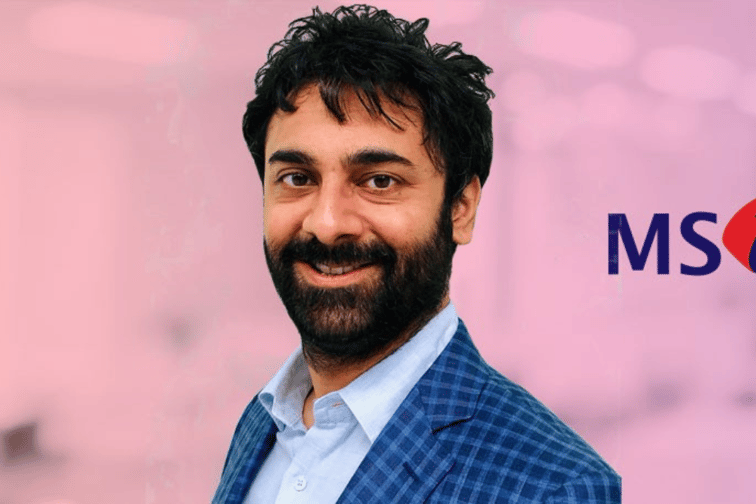

MS Amlin has introduced its ‘Sustainability Strategy 2022 – 2025’ – driven by an ambition to acknowledge the obligations facing modern-day insurance companies.
Discussing the report with Insurance Business, Amir Sethu (pictured), head of sustainability and ESG at MS Amlin, noted the need for a business to remain relevant, and to do the right thing by clients, colleagues and the myriad of stakeholders that make up the insurance ecosystem.
“We want MS Amlin to be a place where our people want to work, and where clients want to be insured by us, because of what our brand stands for,” Sethu said. “When I arrived at MS Amlin 17 months ago, the board adopted the well-established, easy-to-understand UN Sustainable Development Goals (SDGs) framework.
“Through a series of workshops I ran with all our colleagues, our people selected three priority SDGs – climate action, gender equality, and infrastructure and innovation – to shape our sustainability strategy. This was developed over a nine-month period to support our wider business strategy and to create enterprise value by aligning the intrinsic links between the ‘E’ and the ‘S’ and the ‘G’.”
Sethu noted that the tendency for corporations to lean on the ‘E’ of the ESG framework given the visibility of environmental concerns. However, he emphasised the importance of businesses understanding the interconnectivity of each subject area, an area of focus which underpins MS Amlin’s sustainability strategy.
“The core ethos of this strategy is about doing the right thing,” he said. “This is as much about opportunity as it is about risk management – and it’s a people and communities opportunity, as much as a commercial opportunity. The net-zero economy is projected to reach about US$275 trillion by 2050 which comes back to considering our moral and societal obligations, in line with our commercial obligations.”
The focus of its sustainability strategy is centred on responsible underwriting, on insuring the energy transition and on having a net positive impact on its communities, and the communities that are important to its people.
“We’re looking to ensure that we remain relevant as a business while creating enterprise value for all our different stakeholders which includes our people, clients, communities, shareholders, regulators, NGOs and so on,” he said. “We’re also using data and metrics to support decision-making and respond to our clients’ and our people’s needs.
“One specific initiative is around empowering each underwriting team to be accountable for the approach to ESG integration within their respective books of business, weighed against the nature of the exposures that they’re writing. Another focus area is empowering our people to have an impact in our communities, by providing them with a broad range of options to support good causes that are aligned with their priorities.”
What’s quickly become clear, he said, is that there needs to be a blend of top-down and bottom-up approaches to create meaningful change.
“We’ve clearly set out our Net Zero 2050 target,” he noted. “We’ve established robust sustainability governance, which has ultimately manifested itself in a senior Sustainability Committee. We’ve refined our sustainability reporting and become TCFD-aligned.
“We got a score on our ClimateWise report that we’re all pleased with because it’s not just a big increase on prior years but also a good score itself. We’ve analysed our operational and investment emissions. We’ve reviewed our approach to corporate and social responsibility, and been involved in various market initiatives with a view to helping shape a consistent framework within the market to measure sustainability performance, particularly within underwriting portfolios.”
Two core areas of focus for Sethu and the team in 2023 are – embedding ESG within underwriting decisions and supporting MS Amlin’s communities. To that end, the company recently announced a long-term partnership with the British Red Cross to support vulnerable communities affected by climate change.
The success of these sustainability commitments is dependent on the re/insurer being proactive and getting the right buy-in from the right stakeholders, Sethu said, which means bringing everyone along on the journey.
What are your thoughts on this story? Feel free to share them in the comment box below.
